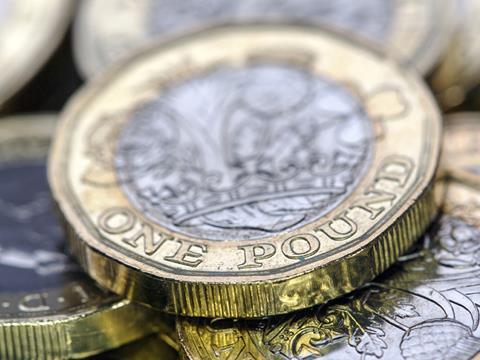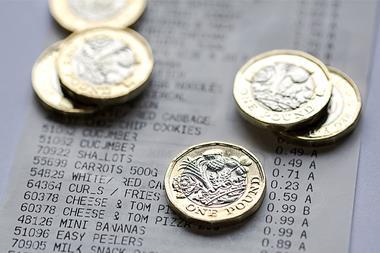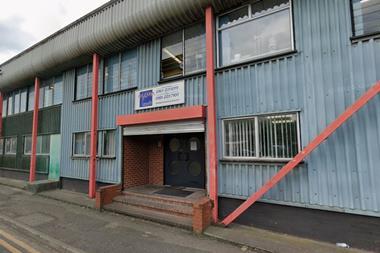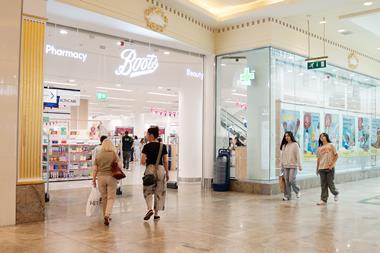
The government has committed to using the consumer price index to calculate business rates by 2020, in a move that could herald a £1bn reduction in bills over three years.
Bowing to pressure from the likes of the BRC, the government has confirmed it will move away from the controversial and more costly retail pricing index.
Switching to the consumer price index, which typically has a lower rate of inflation, could save businesses as much as £1bn in bills from 2020 to 2023.
The government had originally committed to making the move last year, but the Bill failed due to the general election. And speculation was rife that the pledge may be dropped in light of the public sector funding crisis.
In May, seven trade groups including the ACS, BRC and the Federation of Small Businesses urged chancellor Philip Hammond to implement a switch to the consumer price index by 2018 before it caused damage to the economy.
On Saturday, Hammond announced it would make the switch by 2020 and adopt legislation “in due course”.
Business rent and rates specialists CVS said the two years until the switch could add an extra £781m to gross business rates. But it welcomed the commitment to move away from the retail pricing index.
“The chancellor has moved quickly and decisively to quell speculation. Reneging upon the switch would have been a double whammy for business with higher than forecasted inflation this year and its compound effect,” said Mark Rigby, chief executive of CVS.
“The purse strings at the Treasury need to be loosened as property taxes are already the highest of any G7 and EU country. They need to be competitive especially when we leave the European Union and the switch in uprating goes some way to working towards that.”



















No comments yet